In this parallel round you can focus on a specific topic and choose to attend one of three break-out sessions within the programme.
Session A – Children’s and young people’s participation as a tool to establish their rights
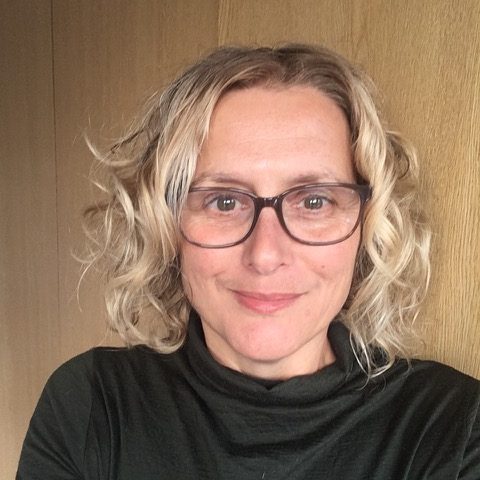
Citizenship doesn’t start at 18: placing education at the centre of inclusive urban policymaking
Deborah Ralls, Leverhulme Early Career Fellow in the School of Education, Communication and Language Sciences at Newcastle University
Policy and research on education and inclusive cities does not make the correlations between education policy and the development of the characteristics and relationships required by a socially just, democratic urban economy. Education is key in the evolution of inclusive urban economies, but there is a need for cities to do things differently. What is needed to plan for inclusive future cities and more equitable urban economies ? In her academic research presentation Deborah will speak about suggestions how education policy and practice can be redefined to create more inclusive urban decision-making processes that position children as experts in their own lives, and key stakeholders in urban decision-making processes.
 Rediscovering Resources
Rediscovering Resources
Mario Bellinzona, Associazione LAQUP
Rediscovering Resources is a 4-year community project involving children and adolescents on the issue of public space quality and use. “Resources” refer in this case to small everyday spaces that are often forgotten by city planners although they have great potential in making neighbourhoods more attractive for children. Mario will tell how children were engaged to evaluate the spaces from different perspectives and how the parents and citizens shared their points of view on the spaces selected by children. The final aim – in addition to the promotion of children’s right to use and transform public space – is to help children and adolescents look after the spaces they have worked on, with the help of schools and local associations, through a formal agreement with the local municipalities.
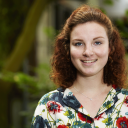 Involving children in creating a healthy environment in a low-SEP neighborhood: a Participatory Action Research project
Involving children in creating a healthy environment in a low-SEP neighborhood: a Participatory Action Research project
Lisa Wilderink, PhD researcher, the Netherlands
Lisa’s research is about socioeconomic health inequalities. Reducing socioeconomic health inequalities is a challenge for health policy makers and civil society. In many parts of the world, also in the Netherlands, people with a relatively low socioeconomic position (SEP) in their society have a shorter life expectancy and more unhealthy life years compared to people with a high SEP. In the Dutch municipality of Zwolle, the ‘Zwolle Healthy City’ approach aims to reduce these health differences by stimulating healthy behaviour of children in low SEP neighbourhoods. A key element of the approach is the importance of collaborating with children when developing, implementing, and evaluating the approach. For that reason, Lisa collaborated in a Participatory Action Research project with children as equal partners in making their neighbourhood healthier. As a speaker, she’ll share her lessons learned in this participatory process.
Session B – Children’s rights in the field of education and child care in times of corona
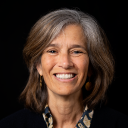 Children’s rights and the quality of early childhood education and care – the power of listening embraced by a systemic approach
Children’s rights and the quality of early childhood education and care – the power of listening embraced by a systemic approach
Ana Teresa Brito, ISPA – Instituto Universitário CIE-ISPA
This presentation will focus on the crucial link between Children’s Rights and the quality of early childhood education and care. Particularly considering children aged 0 to 3, the importance of learning to listen to their voices, in their many languages, will be enhanced. The power of collaboration will also be highlighted within a systemic approach considering the strength of initiatives that bring together families, professional teams, and communities. These collaborative projects flourish when supported by local and national policies, namely in times of uncertainty – corona virus and war – when a shared resilient strength is critical for children’s well-being, development, and learning.
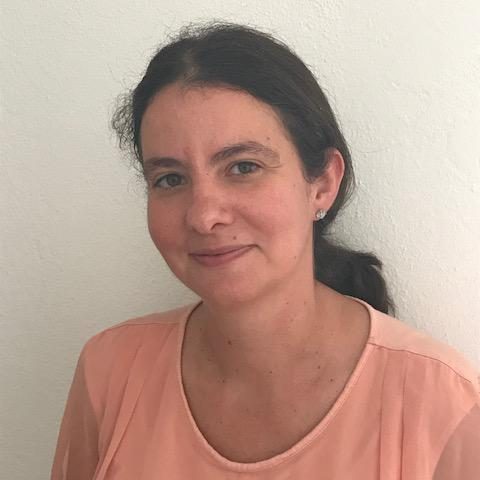
“Playing (in) Schools”: a play promotion project redesigned by the pandemic
Ana Lourenço, specialist in Clinical and Health Psychology by the Portuguese Psychologists Association and PhD student in Childhood Studies in Minho University.
Play should be a reality in every context where children live and at every moment of their lives. The main goal of the project “Playing (in) Schools” is to improve play opportunities in primary education and to state that play is crucial to the overall development of children and to healthier and happier communities. Faced challenges during corona pandemic in 2020 the project was upgraded with even newer targets. Anna will tell about the importance and results of the project in several areas: promoting and raising awareness on the right to play in schools, improving play opportunities, organization of spaces and materials and having children’s play needs safeguarded during the pandemic.
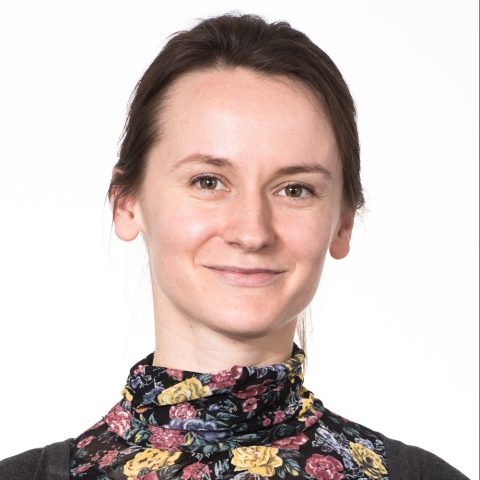 Ensuring access to education in the Brussels-Capital Region: efforts to prevent children from dropping out of school (in times of corona)
Ensuring access to education in the Brussels-Capital Region: efforts to prevent children from dropping out of school (in times of corona)
Marie Eve Joret, Chargée de mission pour la Région de Bruxelles-Capitale (Service Ecole)
In this presentation Marie Eve will address the problem of school drop out in the Brussels-Capital Region which is getting more serious in the context of the COVID-19 pandemic. To fight school dropout School Unit of perspective.brussels has developed a strategy with an emphasis on actions taken at the local level. How schools and local authorities can be supported to organize activities preventing school dropout? Vulnerable children are epically affected by the pandemic. Marie Eve will share what steps can be undertaken to support them and what has been done to handle school dropout in a coordinated manner at the local level.
Session C – The implementation of children’s rights in urban planning, development and design
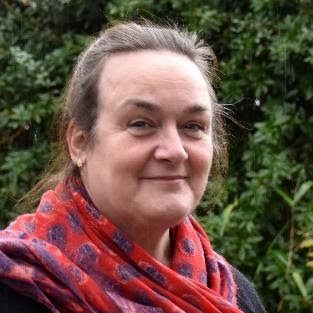
Making children’s rights mainstream: Taking children’s participation into account when (re)designing a public play space
Rianne Jansens, Dr. Helen Lynch, Dr. Maria Prellwitz, Dr. Alexandra Olofsson
This presentation will illuminate how children’s participation is represented in guidelines for designing a public playspace in the community. Enabling children to take part in decision-making processes is relevant for acknowledging children as rights-based citizens, but challenged in its operationalisation, certainly for seldom heard children. Through connecting children’s participation to creating play opportunities in the community and therefore realising the right of children to play, the application of the Convention of the Rights of the Child in the municipality can be shaped.
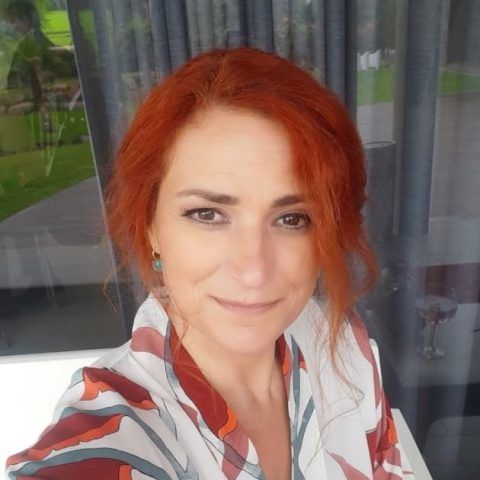
Searching for my place
Gisela Barbosa, Head of Citizenship and Youth Division of Valongo, Portugal
“In search of my place” is an initiative promoted by the Municipality of Valongo which aims to involve children of the 1st and 2nd elementary school grades in reflecting on the future of their play spaces. Aware of the difficulties of the present moment, in which students are deprived of being face-to-face with their colleagues and friends, this challenge was launched for children to think about the places they use the most, identify their positive and negative aspects and suggest proposals for improvement. It is intended, with this project, to get to know in an innovative way the territories where children live, and to promote processes of concrete experimentation, in public space, of ideas and proposals for their improvement, in a wide multigenerational dialogue.
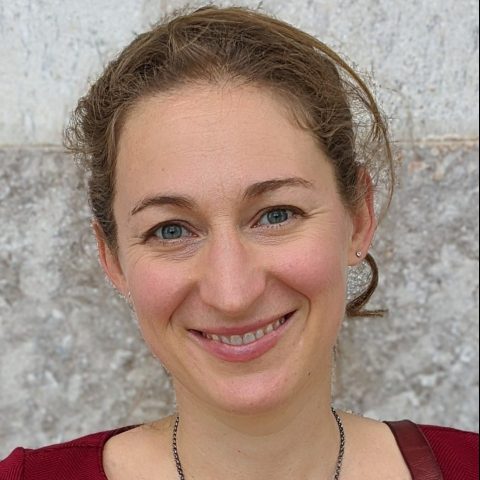
Quality standards for child friendly urban planning and development – best practice example of the City of Regensburg
Anna Schledorn, Youth and Welfare Planner of the Department of Municipal Youth Work of the City of Regensburg
In order to provide for children’s basic needs and to guarantee their rights for play, leisure, equal opportunities, healthy development and participation, cities must develop in a child friendly manner. The City of Regensburg has developed quality standards, mandatory processes and regulations that have made child friendly urban development/planning and children’s rights mainstream for years now. The presentation gives an overview over the quality standards that have proven sustainable, crises-proof and a crucial resource to promote children’s wellbeing even in the corona pandemic.
